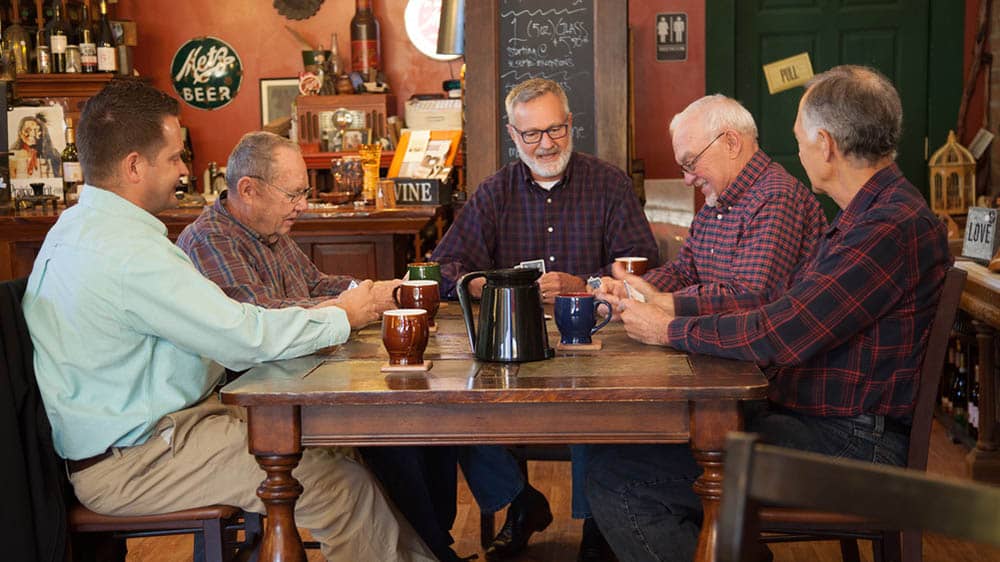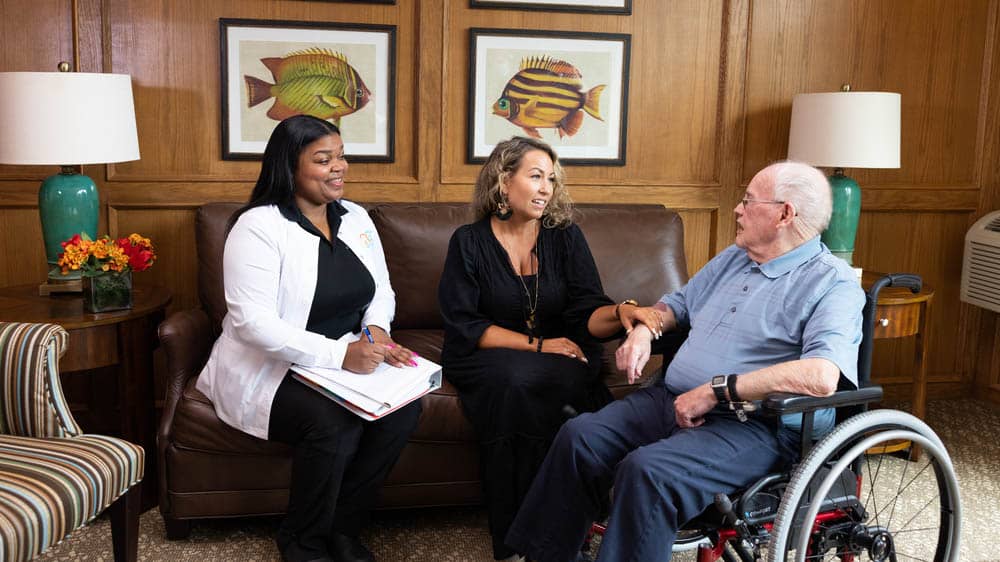

How To Stay Active and Thrive After Retirement
Retirement marks a significant transition from decades of routine-driven days to newfound freedom. That can be either scary or exciting—or, more likely, a combination of the two. While the prospect of long, unstructured days may seem appealing to older adults, it can also affect them in a negative way. The solution: staying active, both mentally and physically. Staying active is crucial for maintaining physical and mental health, continuing personal growth, and avoiding the pitfalls of isolation during the aging journey. Here’s why and how retirees can live their best lives by staying engaged with life.
The Importance of Staying Active
Many working people don’t realize how much their work and daily routine benefit their well-being. Yes, it’s important to manage work-related stress and all the other ways jobs can affect us. But at the same time, most jobs get us out of the house, they require us to interact with others, and they often keep us attuned to new technologies and information. Once that structure goes away, we need to remember a couple of key benefits of staying active:
- Physical and mental health benefits: Regular activity helps maintain strength, flexibility, and cardiovascular health, which are paramount as we age. But the benefits of staying active during our golden years go beyond the physical aspects; engaging in various activities can also ward off cognitive decline. Activities that stimulate the brain, like learning new skills or hobbies, can keep the mind sharp and resilient.
- Combating isolation: Retirement can often lead to feelings of loneliness, especially after leaving a busy work environment. Isolation is a known risk factor for depression among older adults. Whether it’s through travel, classes, or community involvement, staying active as we age fosters social connections, keeping loneliness at bay.
Travel: The Gateway to New Experiences
Traveling isn’t just about relaxation; it’s about exploration and education. For retirees, travel offers a unique way to see the world and continue learning about different cultures, histories, and peoples. Whether it’s a cruise in the Mediterranean, a road trip across the United States, or a visit to far-flung family members, travel broadens horizons and brings unforgettable experiences.
If you’re not used to traveling, you’ll have some planning to do. And for seniors, an important part of planning is to think about different climates you might experience and how they might affect your comfort or even your health. Remember that climate extremes may affect you in different ways from when you were younger. For example, if traveling to areas with extreme heat and humidity, stay hydrated, wear loose-fitting clothing, and avoid the midday sun. In colder climates, layering is key to maintaining body heat, and investing in proper footwear to prevent slips on ice is crucial.
Pursuing Personal Interests and Hobbies
Retirement is the perfect time to dive into interests and hobbies there wasn’t time for during working years. From gardening and painting to writing and performing, engaging in hobbies enhances life satisfaction and provides meaningful ways to spend time. Many communities offer classes tailored to older adults, making learning both accessible and social.
Senior Volunteering: Giving Back and Growing
Volunteering is another excellent way for retirees to stay active and connected. Whether helping at a local food bank, mentoring students, or working with animal shelters, volunteering provides a sense of purpose and community involvement. It’s also a wonderful opportunity to meet people with similar interests and values.
Other Ways To Stay Active as an Older Adult
Exercise groups: Joining a gym or a walking group can help seniors stay physically active and socially connected. Many groups cater to older adults, focusing on gentle but effective workouts.
Technology classes: Technology is constantly evolving. Taking classes can help retirees stay connected to modern advancements and stay up to date with the technology available to keep in touch with family and friends.
Action Items for an Active Retirement
- Set goals. Just like at work, setting short- and long-term goals during retirement can provide direction and motivation. For example, if you’re planning a trip abroad for next year, give yourself a deadline to learn some words and phrases in the local language.
- Explore local resources. Check out community centers, libraries, recreational centers, and local colleges or universities for classes and groups that interest you. Many offer special prices for older adults.
- Plan regular activities. Schedule regular activities, much like a work calendar, to maintain a routine and ensure you have activities that are both diverse and consistent.
- Stay informed. Keep up with health recommendations and safety tips that are especially pertinent to older adults so you can enjoy activities without risking your well-being.
By embracing these practices, retirees can not only enhance their quality of life but also ensure that their golden years are active, fulfilling, and vibrant. Find your favorite ways to ensure that your retirement years provide continued growth and enjoyment. And remember, Right at Home’s professional caregivers can help by lending a hand so you can enjoy your golden years. Contact your local office for more information.







